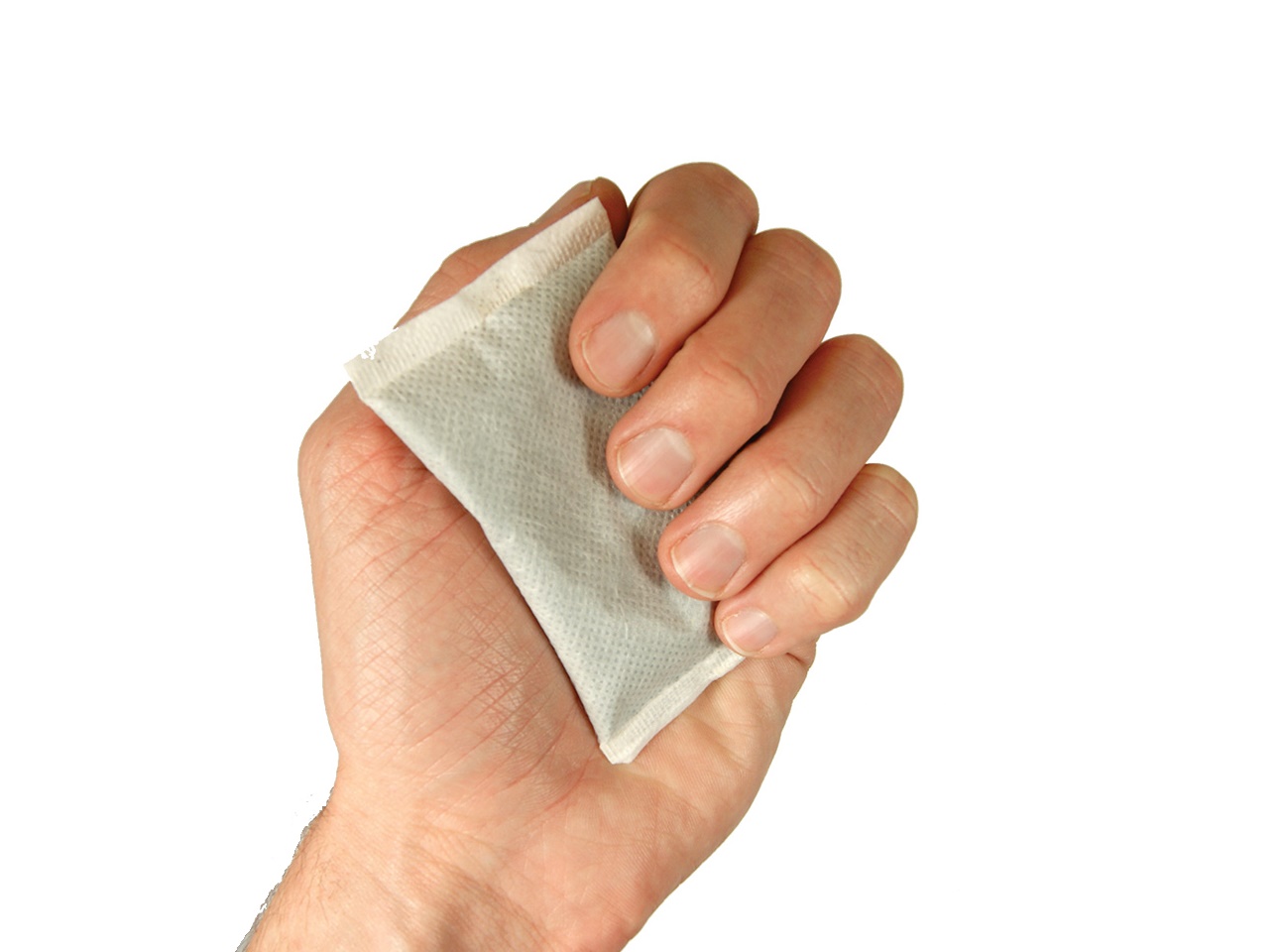Have you ever found yourself squinting in bright sunlight or feeling discomfort in well-lit environments? If so, you may be experiencing sensitivity to light, also known as photophobia. While it’s common to experience temporary discomfort in bright light, persistent or excessive sensitivity to light can be a cause for concern. Let’s delve into the fascinating world of light sensitivity and uncover the reasons behind why some individuals may find their eyes more sensitive to light than others.
Understanding Light Sensitivity
Photophobia refers to a heightened sensitivity to light, where even normal levels of light can cause discomfort or pain. While it’s often associated with eye conditions such as migraine headaches, dry eyes, or corneal damage, photophobia can also be a symptom of underlying health issues or neurological conditions. Individuals with light-colored eyes, such as blue or green, may also be more prone to light sensitivity due to the reduced pigment in their iris, which allows more light to enter the eye.
Common Causes of Light Sensitivity
Various eye conditions and diseases can contribute to sensitivity to light. These may include dry eye syndrome, where insufficient tear production leads to irritation and discomfort in bright light. Corneal abrasions or injuries can also cause sensitivity to light, as the damaged surface of the cornea becomes more sensitive to light exposure. Conditions such as uveitis, cataracts, and retinal disorders can also result in photophobia due to inflammation, clouding of the lens, or damage to the retina.
Beyond the Eyes
In some cases, sensitivity to light may be linked to neurological or systemic factors that affect the brain’s response to light stimuli. Migraine headaches, for example, are often accompanied by photophobia, as changes in brain chemistry during a migraine attack can make the eyes more sensitive to light. Neurological conditions such as meningitis, concussions, or brain injuries can also cause photophobia due to inflammation or damage to the optic nerves or brain regions involved in processing visual information.
Side Effects and Reactions
Certain medications and medical treatments can also cause sensitivity to light as a side effect or adverse reaction. Antibiotics such as tetracycline and doxycycline, as well as medications used to treat psychiatric disorders, high blood pressure, or acne, may increase sensitivity to sunlight and bright indoor lighting. Chemotherapy and radiation therapy can also cause photophobia as a temporary side effect, as the treatments can affect the eyes and skin’s ability to tolerate light.
The Role of Pigmentation
The color of your eyes may also play a role in determining your sensitivity to light. Individuals with lighter-colored eyes, such as blue or green, have less pigment in their iris compared to those with darker-colored eyes, such as brown. This reduced pigment allows more light to enter the eye, making individuals with light-colored eyes more susceptible to photophobia. However, it’s essential to note that eye color is just one factor among many that can contribute to light sensitivity.
Managing Light Sensitivity
If you find yourself experiencing sensitivity to light, there are several steps you can take to manage and alleviate discomfort. Wear sunglasses with 100% UV protection when outdoors, especially in bright sunlight, to shield your eyes from harmful ultraviolet rays. Use artificial tears or lubricating eye drops to relieve dryness and irritation, particularly if you spend extended periods in air-conditioned or dry environments. Adjust the lighting in your home or workspace to reduce glare and harsh lighting, and consider using anti-glare screens or filters on electronic devices to minimize eye strain.
When to Consult an Eye Care Specialist
If you experience persistent or severe sensitivity to light, it’s essential to seek guidance from an eye care specialist or healthcare provider. They can perform a comprehensive eye examination to determine the underlying cause of your photophobia and recommend appropriate treatment options. Whether it’s addressing an underlying eye condition, adjusting your medication regimen, or exploring lifestyle modifications, seeking professional guidance can help alleviate discomfort and ensure optimal eye health and comfort.



